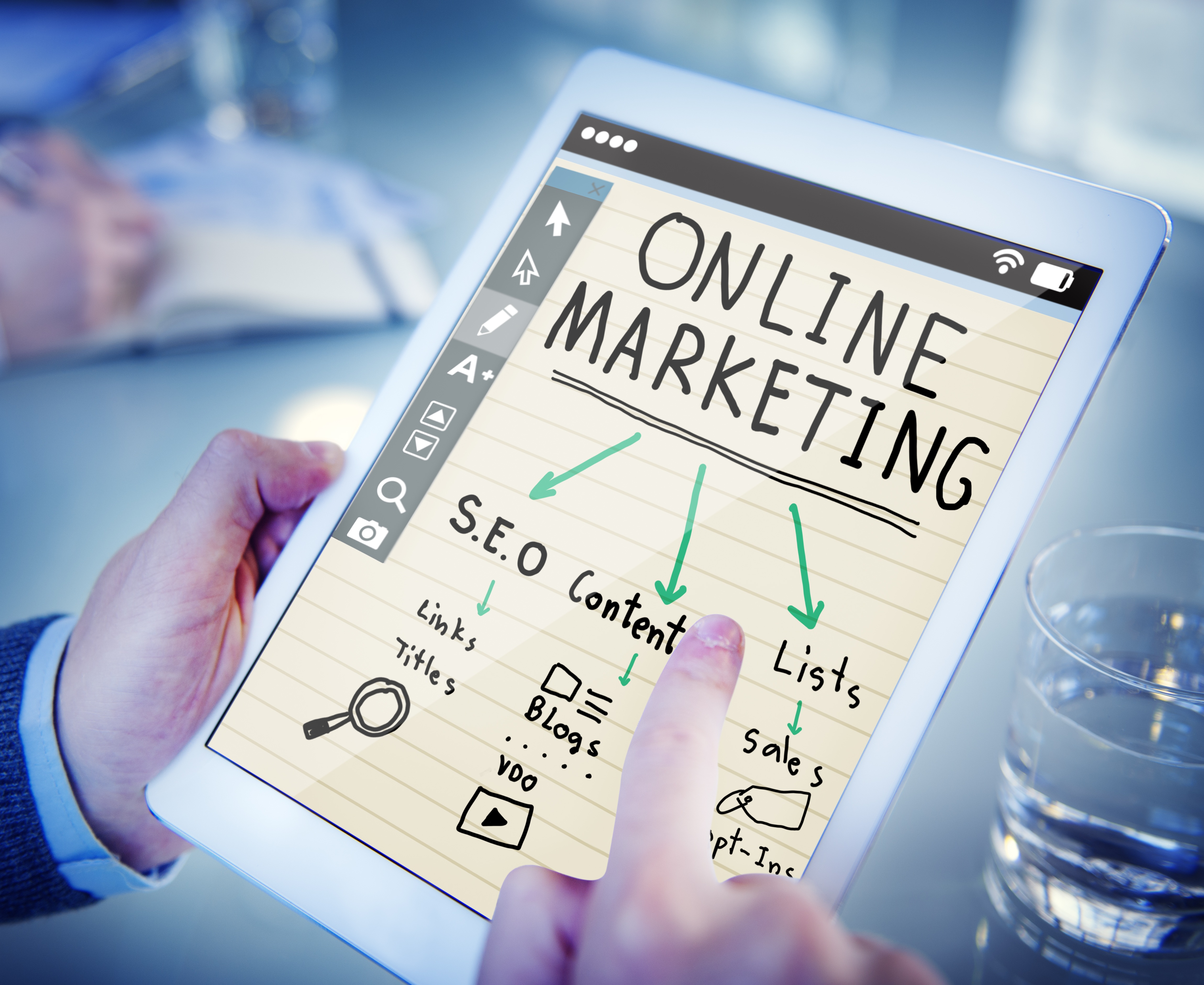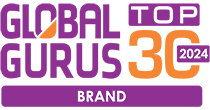Why Digital Marketing is Important For Every Business
September 26, 2019
[Sassy_Social_Share]

Whether you’d like to admit it or not, the internet is how you buy most of your products now, whether it’s by viewing or shopping for them. Most people put a lot of faith in things they only see online, and traditional forms of advertising like TV spots and street billboards are quickly dying out and becoming less relevant with each passing day. Most businesses now are realizing the importance of the internet, and they’re allocating big chunks of their budgets to capitalize on the massive reach that comes with it. But how exactly does digital marketing help your business, and why does every company need to invest in it?
Huge exposure
The fact of the matter is, marketing before the internet was one thing, and after, it became a different ball game. Digital marketing allows brands to expand beyond their wildest dreams, and as a result, they started reaching new audiences and going places that were out of reach before the internet. Any business can now reach customers across the world, and they can promote their products/services to anywhere they’d like. This vast exposure increased the reach of brands and made them a lot of money, and if yours is still behind on digital marketing, you’re going to need to catch up pretty soon because new markets await you.
Cost-efficient
Believe it or not, digital marketing is one of the most cost-efficient forms of advertising, and it’ll save you a lot of money in the long run. You don’t need to pay thousands of dollars for 30 seconds on TV anymore; you could just post the videos you want online, and if they’re any good, they’ll go viral and reach more people than any TV spot ever could. It’s that power that has made digital marketing conquer the world in no time, and your business could stand to save a lot of money if you managed to capitalize on that power. You’re basically reaching a bigger audience all over the world for less money!
More leads
Because your reach exponentially grows with digital marketing, your business generates more leads, and in time, you start making more money. The highest conversion rate that comes with successful digital marketing strategies ends up getting your company higher revenues, and much more successful than you’re used to.
Targeted marketing
One of the best features of digital marketing is the fact that it’s not just random. It allows you to target specific audiences that would be interested in your product or service, and as a result, this targeted approach ends up with plenty of leads and higher conversions. Your ads and campaigns reach precisely the people they’re supposed to reach, and you get interactions with people who are keen on dealing with your business.
Search engine optimization
SEO is one of the most powerful tools that digital marketing utilizes, and it’s the driving force behind the success of many businesses. Let’s agree that any business hoping to make it these days needs a website and social media presence, and SEO Marketing is how you ensure those two remain on top of the game. If you want your website to rank high in local search results, you have no option but to resort to search engine optimization. The more optimized your content, website, and social media are, the more you’ll reach people, and the more leads you’ll generate. SEO is basically how your business makes a name for itself online, and how you use it, will make a lot of difference in the success of your brand.
Digital marketing and data
As mentioned earlier, digital marketing allows you to target specific audiences that would want to interact with your brand. But how does it do that? Data. Using Google and Facebook data, you get to know details about your customers; what they like, what posts they interact with, what they do for a living, and much more. Collecting this kind of data allows you to create content tailored to the needs of your demographic, and as a result, people will start interacting more, and your reach will grow.
Tracking your performance
Another great feature that comes to digital marketing relates to the ability to monitor your performance, and in turn, enhance it. You can easily get your hands on detailed reports on how your online campaigns did, and what the audience liked and what they didn’t like. It’s very easy to track the results and you’d be surprised with the amount of details you can get on even one of your posts. This helps you figure out what you need to do better, which will reflect on the success of future campaigns promoting your business.
Social media

People spend hours every day on different social media platform; that’s an undeniable fact. And digital marketing allows you to make use of that fact and wield it to your advantage. You can start creating social media campaigns to target specific audiences and platforms like Facebook, Twitter, and Instagram that each has unbelievable reach. Simply put, you’ll find that any business, small or big has social media presence –– whether it’s a Facebook or an Instagram page –– because that’s how they reach and interact with their customers. And that’s the power of digital marketing.
High level of engagement
Do you remember that time you got so angry because a restaurant sent you a cold meal? Or that other time when you were losing it because your favorite product is out of stock? Digital marketing gave consumers the chance to interact with businesses in an unprecedented way, which made a lot of difference in how successful those companies became. Consumers can now easily engage with their favorite brands online, expressing their concerns and keeping up with what’s new, and that is how loyal customers are made. People like to feel like their opinion matters, and online marketing does just that.
Does your business have to start investing in digital marketing? Definitely. It’s your best chance to reach a lot of people in different places, and it’s the best way to promote your brand. You can rest assured that your competition is doing it, so neglecting the power of online resources will only cost you money and leads.

























